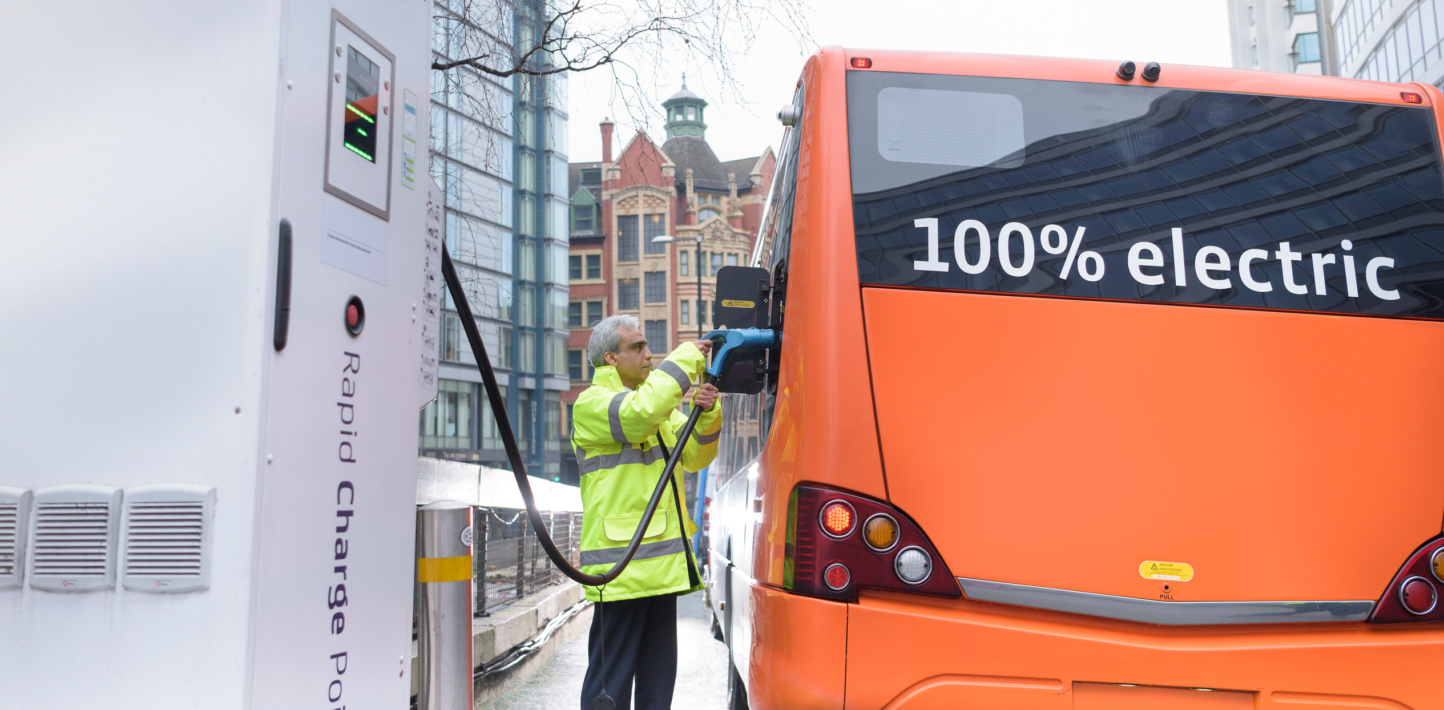The need for a just transition to a low-carbon future has never been more urgent. As we work towards reducing carbon emissions and adopting renewable energy sources on a global scale, it is crucial that we do so in a way that is fair, equitable, and protects the human rights of all people. Human rights education can play a critical role in achieving this goal.
People have different understandings and experiences of the climate crisis, depending on where they live, who they are, what they do for work, and for many other reasons. This is why human rights education on the climate crisis and a just energy transition is so necessary: it helps us understand the issue and what we need to do together for a just and equitable low-carbon future.
We’re thrilled to announce that on June 12th, we’ll be adding a new course to the Human Rights Academy: Energy Transition: Powering Change or Business as Usual?. This course focuses on energy transition, addressing the vital need for a just and rights respecting shift towards renewable sources. By exploring some of the social, economic, and environmental aspects of this transition, participants will gain the knowledge and tools to advocate for a just and rights respecting future.
Here are some additional ways that human rights education can help us do this:
Building awareness and understanding of the links between climate change and human rights
Many people are still unaware of the links between climate change and human rights. Human rights education helps to raise awareness of the ways in which climate change affects fundamental human rights such as the right to life, health, food, water, and shelter. It can also help people to understand the disproportionate impacts of climate change on marginalized and vulnerable communities. And it can help people learn what solutions those most affected are calling on the world to support.
One key resource, recently developed by the Global Human Rights Education team is the online course Climate Change and Human Rights. This course takes a deep dive into the relationship between human rights and climate change. It’s a fantastic example that highlights why human rights education is absolutely crucial.
Encouraging participation and engagement in a just energy transition
A just transition to a low-carbon future requires the participation and engagement of all people, especially those most affected by the transition. Human rights education can help to empower people to participate in the transition process, by providing them with the technical skills to engage with policymakers, advocate for their rights, and participate in decision-making processes.
Advocating for a rights-based approach to the energy transition
A rights-based approach to the transition means ensuring that human rights are at the center of all decision-making processes related to the transition. This means understanding the ways in which people’s rights may be affected at each stage of the energy transition, and advocating for policies and practices that protect their rights. Human rights education can help to build support for this approach by encouraging people to advocate for their rights and to challenge policies and practices that do not prioritize human rights, especially of the most vulnerable people.
Fostering collaboration and cooperation between different stakeholders
A just transition to a low–carbon future requires collaboration and cooperation between different parties, including governments, civil society, the private sector, Indigenous peoples, and other communities. Human rights education can help to foster this collaboration by promoting dialogue and understanding between different groups, and by encouraging people to work together towards a common goal.
Supporting the development of policies and practices that prioritize human rights
Finally, human rights education can help to support the development of policies and practices that prioritize human rights in the transition to a low-carbon future. By promoting awareness of human rights issues and encouraging participation and engagement in decision-making processes, human rights education can help people – from those who are most affected to those who are perhaps less affected but who fundamentally believe in a truly just energy transition – to ensure that human rights is at the heart of all policies and practices related to ending fossil fuel dependency and transitioning to a low-carbon world.
The climate crisis presents us with an urgent challenge that requires a just and equitable response. Human rights education can play a critical role in achieving this goal, by building awareness and understanding of the links between climate change and human rights, encouraging participation and engagement in the transition process, advocating for a rights-based approach, fostering collaboration and cooperation between different parties, and supporting the development of policies and practices that prioritize human rights. By prioritizing human rights in the transition to a low-carbon future, we can ensure that the benefits of this transition are shared equitably, and that the rights and dignity of all people are respected.


